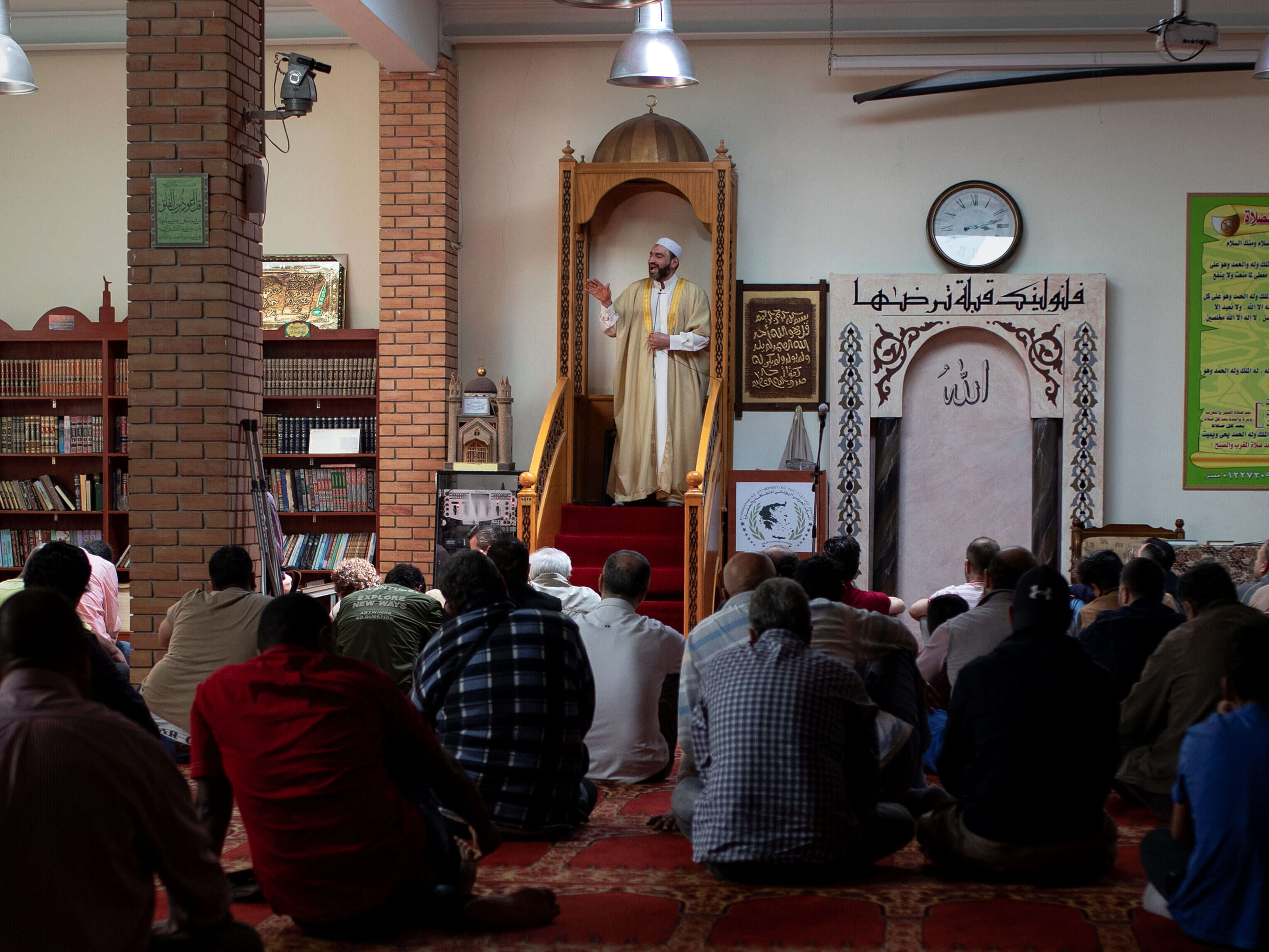
More than half of UK news articles about Muslims show negative bias towards them according to a new study.
Research by the Muslim Council of Britain’s newly formed Centre for Media Monitoring found that 59 per cent of all articles about Muslims associated them with negative behaviours, while more than a third misrepresented or generalised about them.
It also found that terrorism was the “most recurring theme” in the media when reporting on Islam or Muslims.
The study examined 10,931 articles and 1,367 broadcast clips from 31 online media outlets and five main TV channels which referred to Muslims and Islam in the last three months of 2018, although the database of which reports were examined has not been made public.
A team of five staff monitored and analysed the coverage with help from academics. Findings from the analysis will be presented in Parliament today.
Researchers assessed the articles against five criteria – links with negative behaviour, misrepresentation, generalisations, lack of due prominence given to a Muslim voice and issues with headlines and imagery – before handing them one of four ratings ranging from “very biased” to “not biased”.
Centre for Media Monitoring director Rizwanda Hamid said: “There is no doubt about the seriousness of Islamophobia within sections of British media.
“Even amongst the public, 58 per cent believe the media is to blame for Islamophobia. The status quo has to change. Our goal is for there to be more responsible reporting through constructive dialogue with decision makers.
“A robust evidence based methodology highlighting issues of deliberate misrepresentation and unconscious bias can only help increase transparency and accountability.”
Lancaster University corpus linguistics expert Paul Baker, who assisted the project, described its analysis as “both detailed and large-scale”.
He added: “[CFMM are] aware that bias can be both gross and subtle and the analysis scheme they’ve developed takes into account these different types. So for the first time, we can get a complete sense of the picture of media reporting on Islam in the UK.
“And in holding the media accountable, the centre is ensuring that incorrect or unfair articles are corrected accordingly, each change adding to a growing record of negative bias that becomes increasingly hard to ignore.”
The Mail on Sunday and Daily Mail Australia, which is part of Mail Online, were found to have the joint highest percentage of articles associating Muslims or Islam with negative behaviour (78 per cent) while the New Statesman, Guardian and Observer titles were found to have the lowest.
The study categorised more than a third (37 per cent) of all articles from “right-leaning” and religious publications as being “very biased” against Muslims or Islam.
Among broadcasters, Sky News was deemed to have the highest proportion of clips (53 per cent) associating Muslims or Islam with negative behaviour.
A spokesperson for the broadcaster said: “Sky News is committed to fair and impartial reporting and to reflecting a wide range of views across its programming.”
A Mail on Sunday spokesperson declined to comment for this story.
The Centre for Media Monitoring, founded by Miqdaad Versi, a regular challenger of inaccuracies in newspaper articles about Muslims and Islam, will now produce studies on media reporting on Islam and Muslims every quarter.
Three of its five staff work on the project full time.
In its inaugural report, the group recognised that there were “limitations as well as elements of subjectivity” in its research.
The vast majority of the 10,931 articles it analysed (82 per cent) were news pieces with features and opinion pieces accounting for 7 per cent and 5 per cent respectively.
Picture: Reuters/Alkis Konstantinidis
Email pged@pressgazette.co.uk to point out mistakes, provide story tips or send in a letter for publication on our "Letters Page" blog
